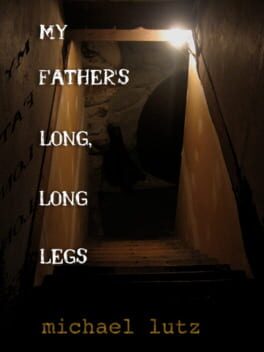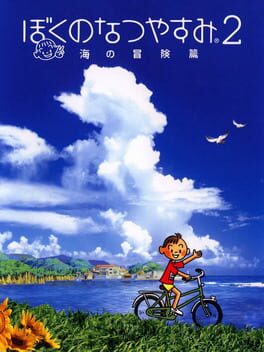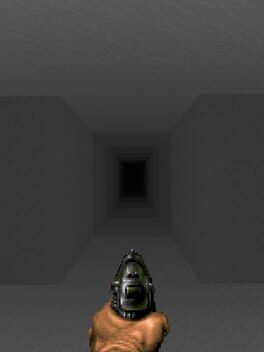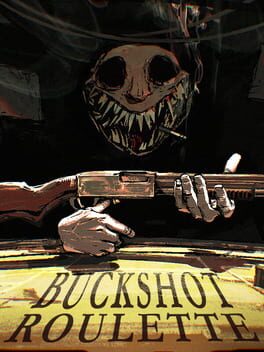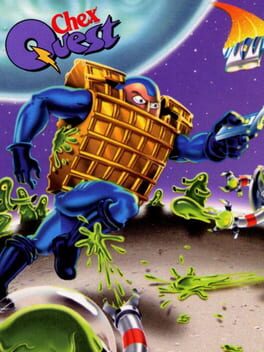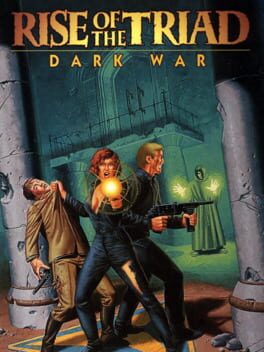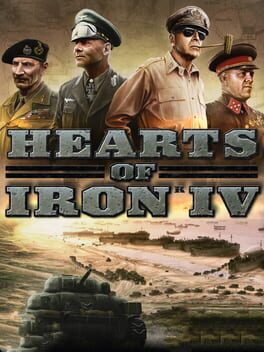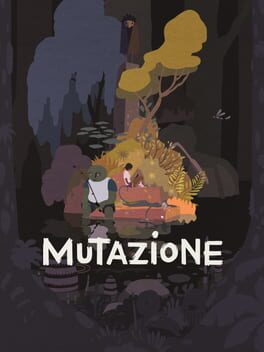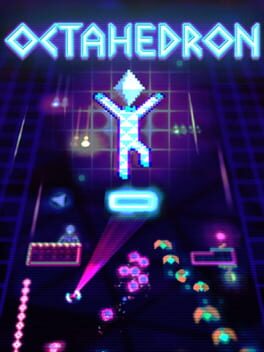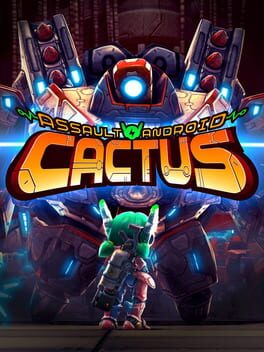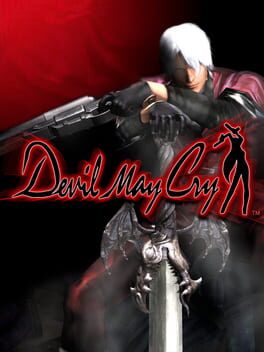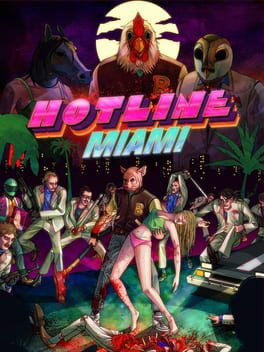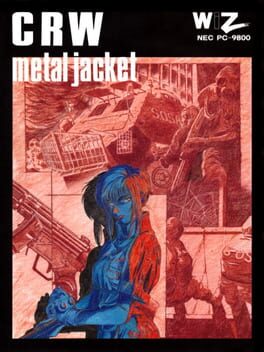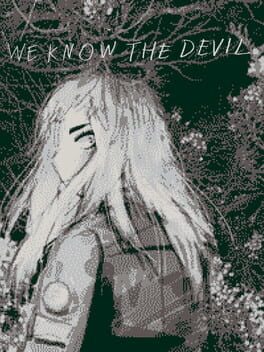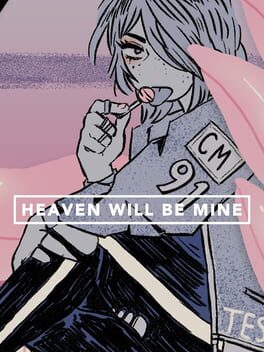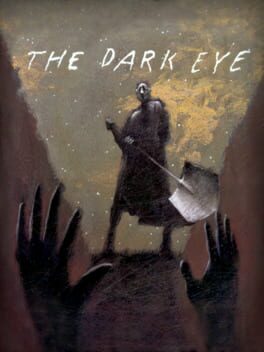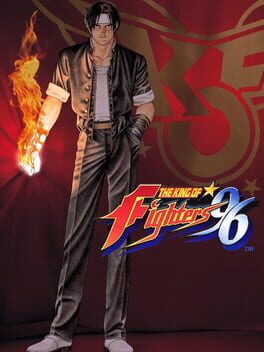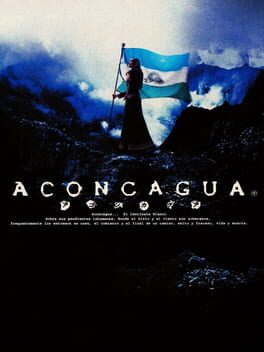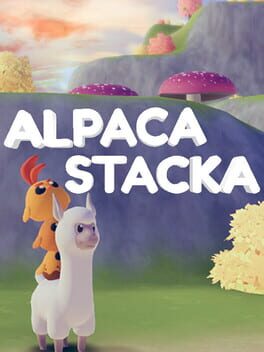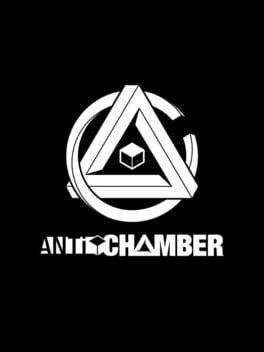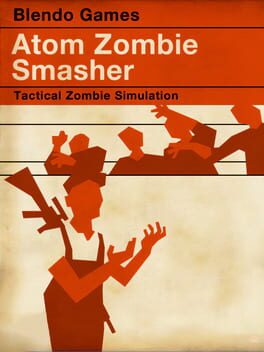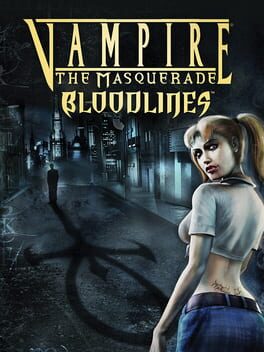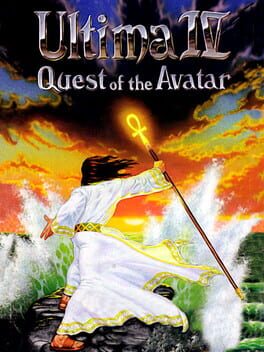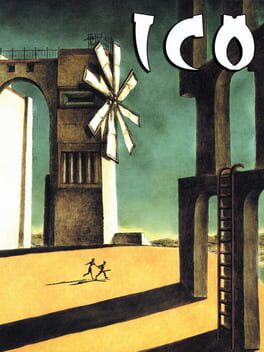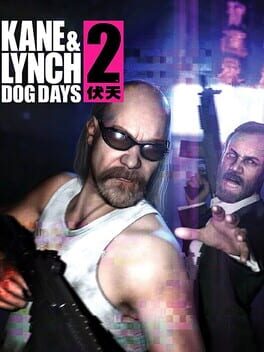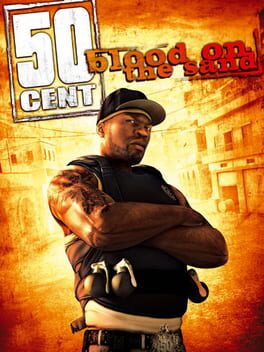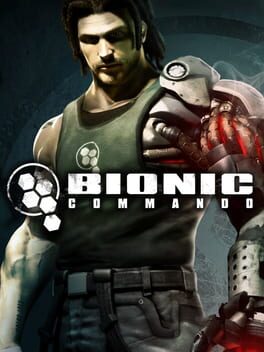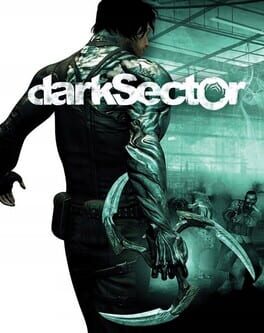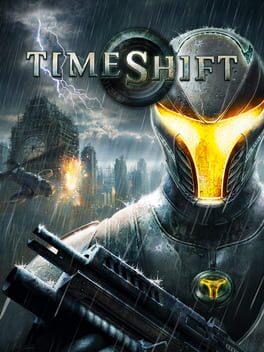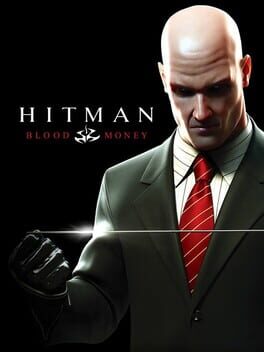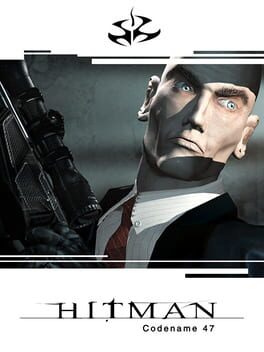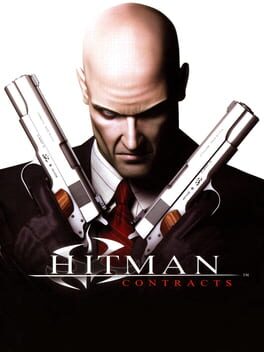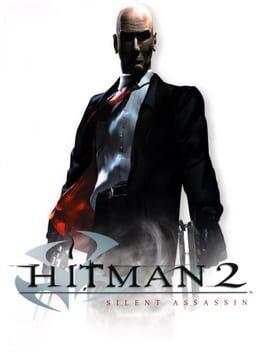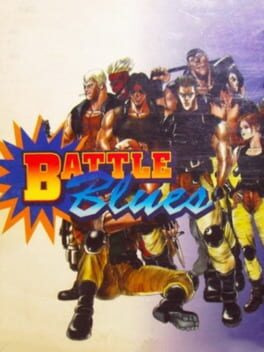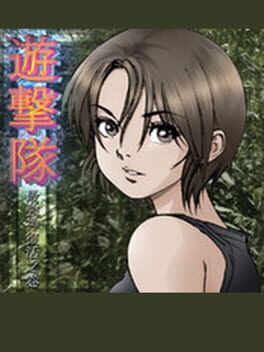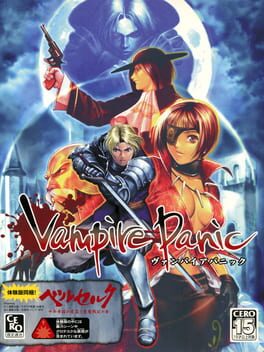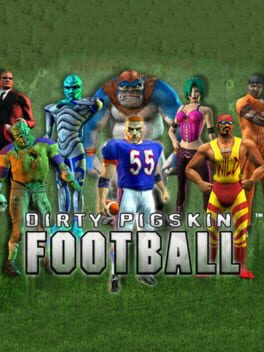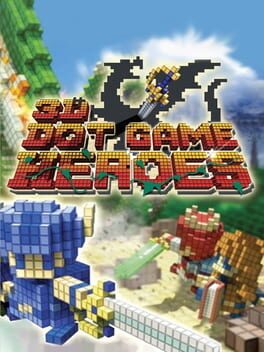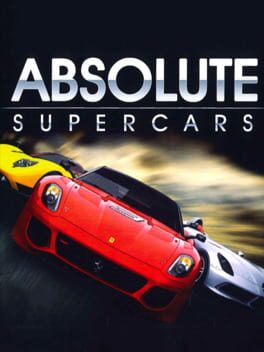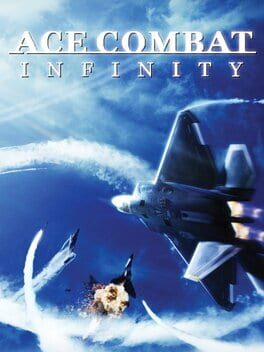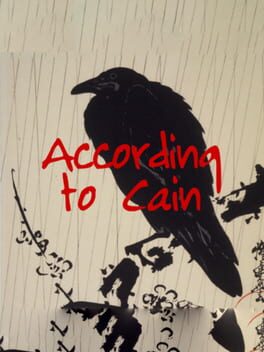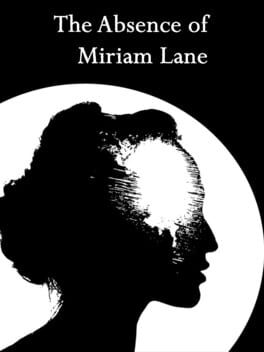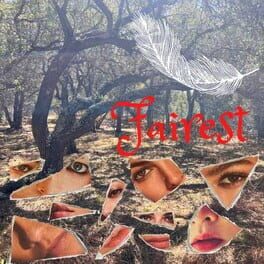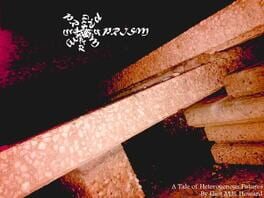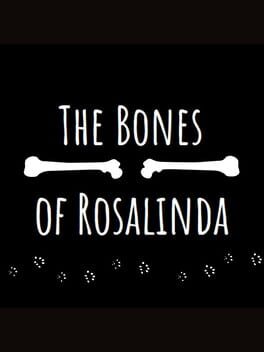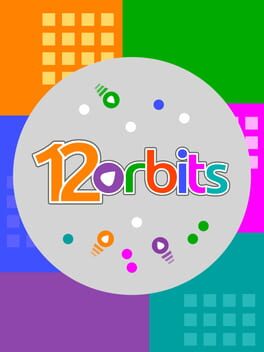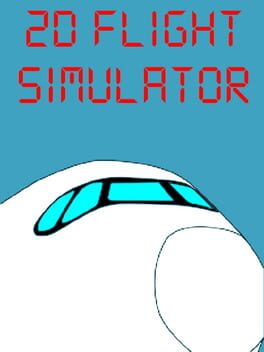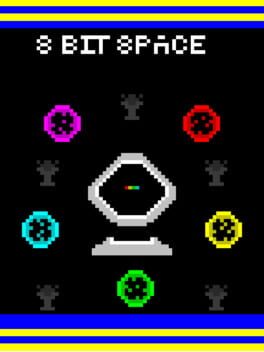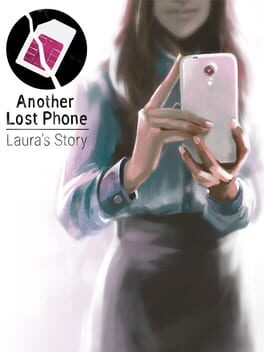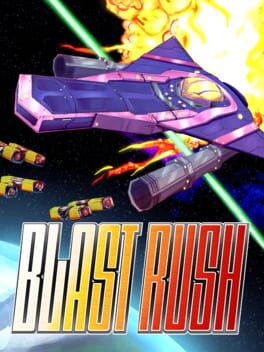ExecutableDavid
231 reviews liked by ExecutableDavid
To be honest, I didn't exactly come in with my arms wide open. The fears of a formally continuist sequel of something that was very expressive because its own peculiar use of its forms increased shortly after starting. A setting to choose how long you want the day to be, collectibles around the map, a character that tells you where to see the events of each day, afraid of giving you back freedom in a larger world, overall details that seem treated with less care and a feeling of experiencing the same but worse. It's a shame that every time the game tries to awkwardly recall the intentions of its predecessor, it pales considerably (one clear instance: the previously essential narrator is now dispensable in the few arbitrary moments it appears).
Luckily, it takes just a few days to see that the direction taken is right. The facts that the protagonist's father never appears, that the plot of the future sibling remains in the background, or that the reminiscing aspect of the tale is anecdotic are no coincidence. The form, weighed down by losing part of its meaning, becomes a perfect vehicle to explore a more passive exploration of the surrounding drama.
Here Boku does not so much embody a reflexive portrait of childhood and growth, as he is more a supporting device for the rest of the cast. Accordingly, the most dramatically charged plots revolve less around Boku's family and more around the neighbors and visitors. These take advantage of the kid's innocent and outsider approach to deal with a common yet always specific issue: yearn. Yearn because of the distance between mother and daughter, between father and son, between lovers, between Earth and outer space, between past and present and future, between the world of humans and the one that is not ours, between life and what lies beyond. And the fears that all of these yearnings may never be answered.
That most of the conflicts end up in an open ended bittersweet quiet note resonates with the setting of the small coastal village. A place to get away from and to be taken away from the world. The ever-present sound of the waves, which inevitably move these desires in the tide just as the moon changes phase in the last shot of each day.
It’s not that Boku's appearance solves all these yearnings, but his mere interest in observing the world around him and serving as a confessional escape mechanism at least alleviates the pain. The game takes a passive stance where listening to one another is the greatest act of kindness, where what little evil appears to exist in the world has nothing but a noble and melancholic origin. Who knows what the future may hold, what to do but to hope for the best and reach for our hands within the tide.
Luckily, it takes just a few days to see that the direction taken is right. The facts that the protagonist's father never appears, that the plot of the future sibling remains in the background, or that the reminiscing aspect of the tale is anecdotic are no coincidence. The form, weighed down by losing part of its meaning, becomes a perfect vehicle to explore a more passive exploration of the surrounding drama.
Here Boku does not so much embody a reflexive portrait of childhood and growth, as he is more a supporting device for the rest of the cast. Accordingly, the most dramatically charged plots revolve less around Boku's family and more around the neighbors and visitors. These take advantage of the kid's innocent and outsider approach to deal with a common yet always specific issue: yearn. Yearn because of the distance between mother and daughter, between father and son, between lovers, between Earth and outer space, between past and present and future, between the world of humans and the one that is not ours, between life and what lies beyond. And the fears that all of these yearnings may never be answered.
That most of the conflicts end up in an open ended bittersweet quiet note resonates with the setting of the small coastal village. A place to get away from and to be taken away from the world. The ever-present sound of the waves, which inevitably move these desires in the tide just as the moon changes phase in the last shot of each day.
It’s not that Boku's appearance solves all these yearnings, but his mere interest in observing the world around him and serving as a confessional escape mechanism at least alleviates the pain. The game takes a passive stance where listening to one another is the greatest act of kindness, where what little evil appears to exist in the world has nothing but a noble and melancholic origin. Who knows what the future may hold, what to do but to hope for the best and reach for our hands within the tide.
Buckshot Roulette
2023
Chex Quest
1996
i really appreciate how Rise of the Triad disregards anything that an FPS "needs" if it deems it unimportant for its own premise. like Amid Evil, ROTT has an especially fitting structure for the episodic format. each of the five (counting the shareware one) feel completely different and self sufficient, and they all share the same team of designers! oh, and the lack of detailed geometry doesn't take away from the playful dungeon-like levels that jump from huge canyons full of soldiers to robot-filled dark and clausthrophobic halls. it has variety.
instead of complex 3D layouts, ROTT has jump pads, moving traps of many kinds, shiny metal platforms of differing heights, floating emblems that can be destroyed by being shot, an abundance of locked push walls (yes, locked secret walls!) that ask you to step on invisible pressure plates to open them, the works. those are only some of the more common environmental tools present here. they're very weird for this kind of FPS but also intuitive!
you dance around levels while carefully peeking corners as to not get shot by the many hitscanners and solve the puzzles required to progress. it's so divorced from trying to balance action and exploration like how ID did with DOOM that there are even levels almost entirely made out of wacky puzzles. it can get really fun if you don't mind the visuals being just as unusual as the gameplay loop. at many points during my playthrough, i laughed out loud at the absurdity of the pranks pulled on the player and the disregard for traditional level structure. i get how it can get repetitive for many people if you focus on the shooting, but i see the enemies and guns here more like another set of traps that the designers play with. as soon as you figure an encounter out, it'll likely not give you that much trouble when retrying it, which can also be said about the obstacle courses and puzzles.
i really liked ROTT! it has a magnectic feeling that i usually get only while playing FPS games that don't mostly depend on the strength of their combat.
//i played ROTT through the Ludicrous Edition port but logged the OG version because this review is about the original maps. when i get through the new campaign present on the remaster i'll likely give my thoughts on it on its page. ^-^
instead of complex 3D layouts, ROTT has jump pads, moving traps of many kinds, shiny metal platforms of differing heights, floating emblems that can be destroyed by being shot, an abundance of locked push walls (yes, locked secret walls!) that ask you to step on invisible pressure plates to open them, the works. those are only some of the more common environmental tools present here. they're very weird for this kind of FPS but also intuitive!
you dance around levels while carefully peeking corners as to not get shot by the many hitscanners and solve the puzzles required to progress. it's so divorced from trying to balance action and exploration like how ID did with DOOM that there are even levels almost entirely made out of wacky puzzles. it can get really fun if you don't mind the visuals being just as unusual as the gameplay loop. at many points during my playthrough, i laughed out loud at the absurdity of the pranks pulled on the player and the disregard for traditional level structure. i get how it can get repetitive for many people if you focus on the shooting, but i see the enemies and guns here more like another set of traps that the designers play with. as soon as you figure an encounter out, it'll likely not give you that much trouble when retrying it, which can also be said about the obstacle courses and puzzles.
i really liked ROTT! it has a magnectic feeling that i usually get only while playing FPS games that don't mostly depend on the strength of their combat.
//i played ROTT through the Ludicrous Edition port but logged the OG version because this review is about the original maps. when i get through the new campaign present on the remaster i'll likely give my thoughts on it on its page. ^-^
Hearts of Iron IV
2016
The Legend of Zelda
1986
La exaltación de un recuerdo de niñez reavivado en la forma más pura de aventura.
Ante la aparente limitación y la imposibilidad, se elevan la inteligencia (aquello que permite diseñar y unir las piezas que conforman la totalidad de una obra) y la sensibilidad (la capacidad de dotar al conjunto de un impacto y significado mayor) para dar paso a la posibilidad y la maravilla.
Esa unión es la clave para concebir un mundo tan rico como Hyrule: inhóspito, desafiante, pero también intrigante, poético y evocador. En cada una de sus pantallas aguarda una posible historia, un secreto por descubrir, una bifurcación de caminos donde coexiste el desafío de la navegación junto a la tensión del combate para dar como resultado la lucha por la supervivencia, una lucha donde cada acción y decisión importan frente a estas tierras totalmente indiferentes a nosotros.
Es esa indiferencia la que enfatiza el desafío de esta aventura y su naturaleza indómita por medio de la escasez de recursos, de parajes laberínticos, de supervivientes reticentes, de enemigos impredecibles y de misterios que se ocultan a simple vista. Hyrule se resiste a nosotros y, en consecuencia, buscamos prevalecer pese a la adversidad. Todo ello a través de los ojos de un niño como lo es nuestro protagonista, quien, guiado por su sentido de la justicia y armado con su pericia y valor, afronta los peligros de este reino en ruinas doblegado por la barbarie.
Un niño frente al mundo. Parece un esfuerzo fútil, ridículo, casi imposible, pero con cada derrota, con cada descubrimiento y con cada victoria superamos los límites conocidos. Crecemos. Una vez superada la percepción de esos límites, la figura de ese niño se engrandece. El valor ilumina nuestra senda, revela el mundo y da paso a la posibilidad.
Solo entonces ocurre la maravilla.
Solo así nace la leyenda.
Ante la aparente limitación y la imposibilidad, se elevan la inteligencia (aquello que permite diseñar y unir las piezas que conforman la totalidad de una obra) y la sensibilidad (la capacidad de dotar al conjunto de un impacto y significado mayor) para dar paso a la posibilidad y la maravilla.
Esa unión es la clave para concebir un mundo tan rico como Hyrule: inhóspito, desafiante, pero también intrigante, poético y evocador. En cada una de sus pantallas aguarda una posible historia, un secreto por descubrir, una bifurcación de caminos donde coexiste el desafío de la navegación junto a la tensión del combate para dar como resultado la lucha por la supervivencia, una lucha donde cada acción y decisión importan frente a estas tierras totalmente indiferentes a nosotros.
Es esa indiferencia la que enfatiza el desafío de esta aventura y su naturaleza indómita por medio de la escasez de recursos, de parajes laberínticos, de supervivientes reticentes, de enemigos impredecibles y de misterios que se ocultan a simple vista. Hyrule se resiste a nosotros y, en consecuencia, buscamos prevalecer pese a la adversidad. Todo ello a través de los ojos de un niño como lo es nuestro protagonista, quien, guiado por su sentido de la justicia y armado con su pericia y valor, afronta los peligros de este reino en ruinas doblegado por la barbarie.
Un niño frente al mundo. Parece un esfuerzo fútil, ridículo, casi imposible, pero con cada derrota, con cada descubrimiento y con cada victoria superamos los límites conocidos. Crecemos. Una vez superada la percepción de esos límites, la figura de ese niño se engrandece. El valor ilumina nuestra senda, revela el mundo y da paso a la posibilidad.
Solo entonces ocurre la maravilla.
Solo así nace la leyenda.
Doom
1993
Can't believe I was even allowed to make an account on this website having never completed even the first episode of this until today smh.
1/3rds of this game being given away completely free on launch AND id making the game completely open source just 4 years after launch is an act of kindness that the games industry has never repeated on this scale ever again.
Like the weirdo mishmash of painted textures, stock art, fun stop motion dudes and G.I. Joe figures that people thought was Mussolini's corpse.
1/3rds of this game being given away completely free on launch AND id making the game completely open source just 4 years after launch is an act of kindness that the games industry has never repeated on this scale ever again.
Like the weirdo mishmash of painted textures, stock art, fun stop motion dudes and G.I. Joe figures that people thought was Mussolini's corpse.
Mutazione
2019
un dos beefs que máis me interesaron na carreira é o enfrontamento entre Darwin e Marx. Darwin soltou un par de chorradas liberais xustificándose na súa interpretación de certas conductas animais. Marx contestáralle algo así como que viaxou polo mundo para acabar atopando na natureza a sociedade industrial inglesa da que procedía. é dicir, a forma de interpretar a natureza reproducía a ideoloxía burguesa da Inglaterra decimonónica, facendo pasar esas lecturas como obxectivas e xusticantes dese modelo de produción. Mutazione ten algo diso polo lado contrario: pretendendo fuxir das lóxicas violentas do capital, acaba atopando na harmonía e sensación de apoio dos ecosistemas un modelo político que lle agrada. o xogo vai un pouco así, ti chegas a unha illa onde se atopa o teu avó moribundo, durante máis ou menos unha semana, formarás xardíns máxicos cos que axudar á xente da vila nos seus pequenos problemas. eses xardíns teñen distintas prantas, con distintas necesidades, ás que ti axudas a crecer tocando cancións. as propias prantas producen sons que, en compañía, acaban xerando a canción ó completo. hai, polo tanto, un traballo de relacións simbólicas triple: os ecosistemas precisan de variedade e colaboración para sobrevivir, como unha canción ten distintos instrumentos con diferentes harmonías, baixos e percusións; como unha comunidade está chea de individuos que manteñen relacións sociais para vivir mellor. todo isto se estrutura con outras decisións moi brillantes: o uso da soap opera, co seu interese nos pequenos dramas locais, para levar a parte dramática de cada personaxe; a historia das mutacións e o pasado en ruinas da illa, para construir toda unha imaxe de outsider, dalgo maldito ou en decadencia, case monstroso, co que moitas veces defínese a xente que vive en vilas pequenas; así como un ciclo de días e franxas horarios para traballar esa sensación do ordinario, da repetición e o costume. entendo que moita xente o considere naif, pero para min aí tamén está parte da súa forza.
83 lists liked by ExecutableDavid
by RainerGaudi |
20 Games
by TheMatee |
65 Games
by megahouten |
111 Games
by Cakewalking |
24 Games
by TheMatee |
4 Games
by Dogchester |
303 Games
by psychbomb |
258 Games
by jakobvongunten |
188 Games
by mosespippy |
55 Games
